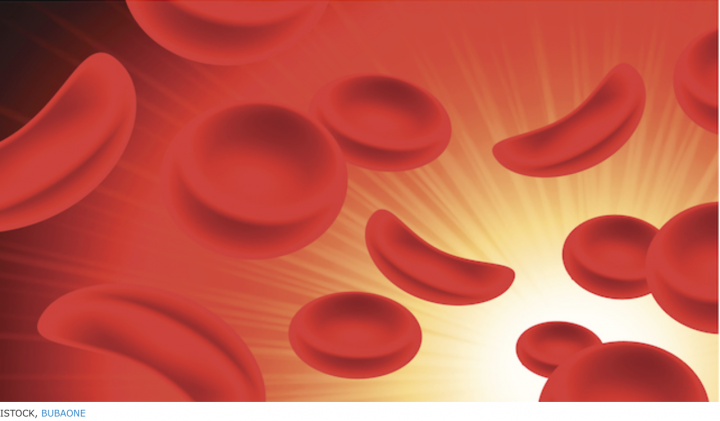 CRISPR to Debut in Clinical Trials
CRISPR to Debut in Clinical Trials
Last Thursday (December 7), CRISPR Therapeutics submitted an application to European regulatory authorities seeking permission to begin clinical trials for CTX001, an investigational CRISPR treatment for patients with sickle cell disease and β thalassemia.
CRISPR Therapeutics, the company cofounded by Emmanuel Charpentier—one of the developers of CRISPR gene editing technology—plans to start a Europe-based Phase 1/2 trial for patients with β thalassemia in 2018. “I think it’s a momentous occasion for us, but also for the field in general,” Samarth Kulkarni, CEO of the company, tells Wired. “Just three years ago we were talking about CRISPR-based treatments as sci-fi fantasy, but here we are.”
The firm also plans to apply for US Food and Drug Administration approval to use the treatment for sickle cell disease early next year.
Patients with sickle cell disease and β thalassemia possess mutations in a gene that produces a subunit of hemoglobin, an oxygen-transporting protein in the blood. CTX001 works by cleaving BCL11A, a gene that represses the production of fetal hemoglobin, which is only produced early in life.
Read more: http://bit.ly/CRISPRClinicalTrials
CRISPR Therapeutics, the company cofounded by Emmanuel Charpentier—one of the developers of CRISPR gene editing technology—plans to start a Europe-based Phase 1/2 trial for patients with β thalassemia in 2018. “I think it’s a momentous occasion for us, but also for the field in general,” Samarth Kulkarni, CEO of the company, tells Wired. “Just three years ago we were talking about CRISPR-based treatments as sci-fi fantasy, but here we are.”
The firm also plans to apply for US Food and Drug Administration approval to use the treatment for sickle cell disease early next year.
Patients with sickle cell disease and β thalassemia possess mutations in a gene that produces a subunit of hemoglobin, an oxygen-transporting protein in the blood. CTX001 works by cleaving BCL11A, a gene that represses the production of fetal hemoglobin, which is only produced early in life.
Read more: http://bit.ly/CRISPRClinicalTrials


